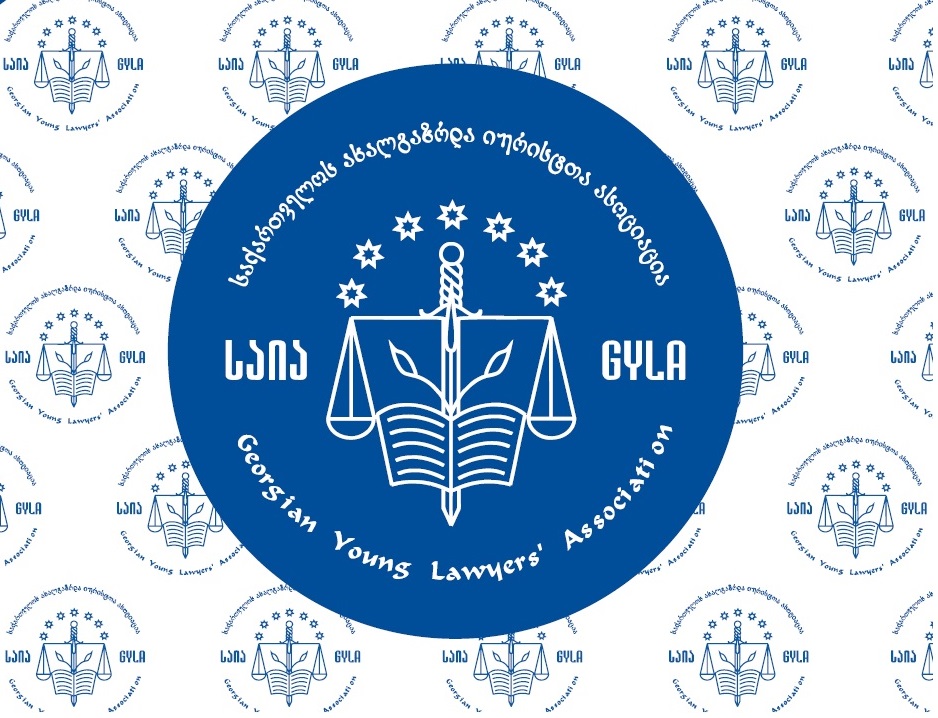On May 21, 2014, the session, initiated by the non-judge members of the Supreme Council of Justice, was disrupted. According to the session agenda, important decisions should have been made during the session (decisions regarding overcrowding of the courts at the Tbilisi City Court and the issue of appointing additional reserve judges). The reason for disruption of the meeting was the fact that none of the judge members of the Council attended the session. This was the first session of the Council, initiated by the non-judge members; however, not only this initiative was not supported by the judge members, but also, as mentioned, was completely ignored by them. According to the employees of the Office of the Council, all of the Council members were informed prior to the session.
The above fact does not represent constructive cooperation by the Council judge members and does not represent the focus on the justice interests. It is rather important to have constructive cooperation among the five (5) non-judge and nine (9) judge members and their will to resolve/overcome the challenges in the sphere of justice through the joint efforts. Such an approach is important even for the simple reasons: making some of the important decisions requires ten (10) votes, which is only achievable through participation of both Council non-judge and judge members.
Resolving the problems in the court system and overcoming the challenges is the possibility and obligation that the judiciary system has, more than any other institution. The legislation of Georgia grants proper mechanisms of resolving the problems existing in the judiciary to the Supreme Council of Justice, as the Council is the constitutional body, equipped with vital functions. Using these mechanisms is not only a right, but an obligation. It is important for the Council to effectively apply the mechanisms and opportunities prescribed under the legislation and to avoid the necessity of raising a question – whether the interests of small groups or any other interests will outweigh the interests of justice.
The mentioned attitude of the Supreme Council judge members not only causes deep concerns in the opinion of the NGO members of the Coalition, but also, such an approach caused justified protest and negative evaluations of the part of the judges: “We do not want to think that the majority of the judges who have shared opinions have an indifferent attitude towards the problems and challenges existing in the judiciary system – at best, and at worst, have an approach that aims at artificially maintaining or exacerbating the problems in the judiciary system” – says the statement officially publicized by the association “Union of Judges”.
In addition, according to the unfortunate information, revealed by the recently publicized research that was prepared with the support of the the United Nations Development Program shows that: in comparison with the Ministry of Corrections, Ministry of Internal Affairs, Prosecution and all of the other state institutions, the recommendations of the Public Defender were worst implemented by the Supreme Council of Justice (within the period from 2008 to 2013).
The Coalition for Independent and Transparent Judiciary calls upon the Supreme Council of Justice to properly acknowledge the great responsibility and obligation, prescribed to the Council for ensuring the independence of the judiciary and in the process of the future reforms. If the Council does not manage to establish the image of the independent, reliable and effective institution, it will be difficult for the Council to overcome significant challenges in the judiciary system, which clearly imperils both the system and the guarantees of the rights and freedoms for each of the citizens in Georgia.
ჯ. კახიძის #15, თბილისი, საქართველო, 0102 ; ტელ: (995 32) 95 23 53; ფაქსი: (995 32) 92 32 11; ელ-ფოსტა: gyla@gyla.ge; www.gyla.ge
15, J. Kakhidze str. 0102, Tbilisi, Georgia. Tel: (995 32) 95 23 53; Fax: (995 32) 92 32 11; E-mail: gyla@gyla.ge; www.gyla.ge


